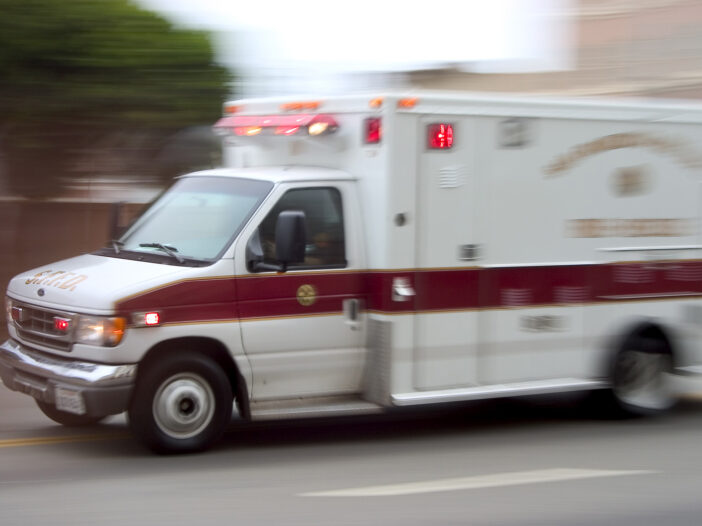
If you’re experiencing a life-threatening emergency, dial 9-1-1 immediately or go to your nearest ER.
Emergencies happen when you least expect them, but rest assured, Central Maine Healthcare is here when you need us. From chest pain to trauma, broken bones to stroke, know that expert care is always around the corner.
Why Choose Us?
- 24-hour coverage by general surgeons and on-call access to neurologists, orthopedic surgeons, radiologists, anesthesiologists and more specialists to meet your needs
- Trauma Center, providing specialized care for critical injuries
- Onsite lab and imaging services, including CT and MRI to rapidly diagnose serious conditions
- Central Maine Heart and Vascular Institute in Lewiston for those suffering symptoms of a heart attack
- Leading-edge stroke care ranked in the top percentile nationwide by the American Heart Association and American Stroke Association
Patient Education & Resources
Injury Prevention Resources
Disclaimer: This information is not intended as a substitute for professional medical care. Always follow your healthcare professional’s instructions.
Injury Prevention and Safety
You’ve no doubt heard the saying “prevention is the best medicine” — and it’s absolutely true. To help you steer clear of injury and illness, Central Maine Healthcare has compiled our best health and safety tips.
The Flu Virus (Influenza)
The flu virus is now widespread in Maine and across the United States. To reduce your risk of infection, it is important to:
- Get vaccinated — it’s not too late. Find a primary care provider near you.
- Wash your hands
- Stay home if you’re sick
- Cover your cough with a sleeve or a tissue
Winter Safety
Winter always presents many safety hazards, both indoors and out. These how-to lists will help you have a healthy, accident-free winter:
Keep your home safe and warm
- Test your smoke alarm monthly and change the batteries when you change your clocks.
- Have your heating system inspected and tuned up yearly.
- Keep portable space heaters three feet from bedding, furniture, and clothing.
- Have your chimney inspected each year.
Survive a winter storm
Be prepared! Keep extra blankets, flashlights, batteries, matches, first aid kits, water, required medications and non-perishable food on hand.
Walk safely in icy, snowy weather
- Do light warm-up activities before you walk, shovel snow or other strenuous activities
- Take frequent breaks
- Dress in layers and wear boots with non-skid soles
- Dress in bright colors so drivers can see you
Drive safely in winter weather
- Have your car serviced and drive slowly in bad weather
- Check the level of antifreeze
- Make sure your battery is in good shape
- Check the tread on your tires or have snow tires put on your vehicle
- Keep emergency gear in your vehicle (flashlight, jumper cables, sand for traction, ice scraper, and extra blankets)
